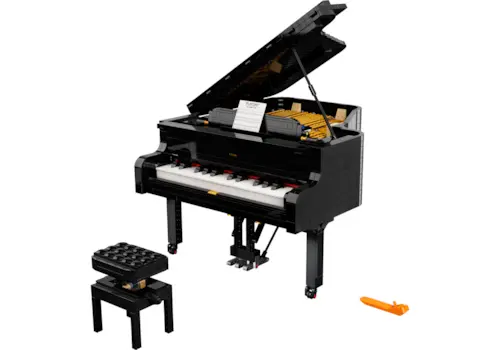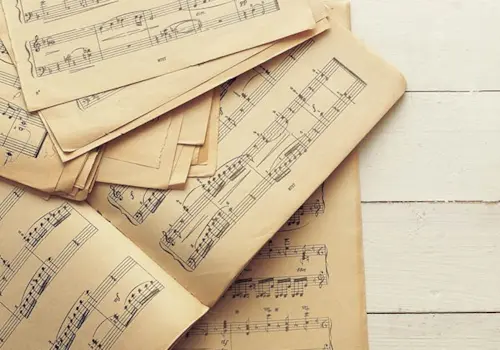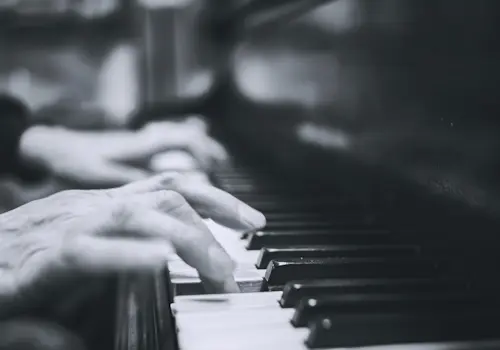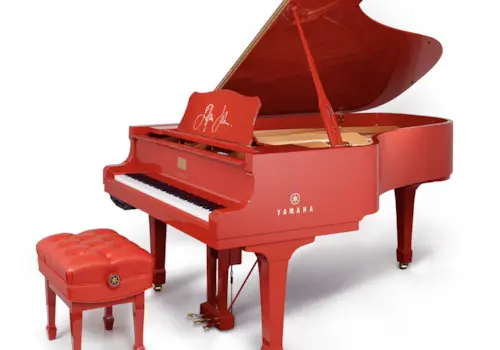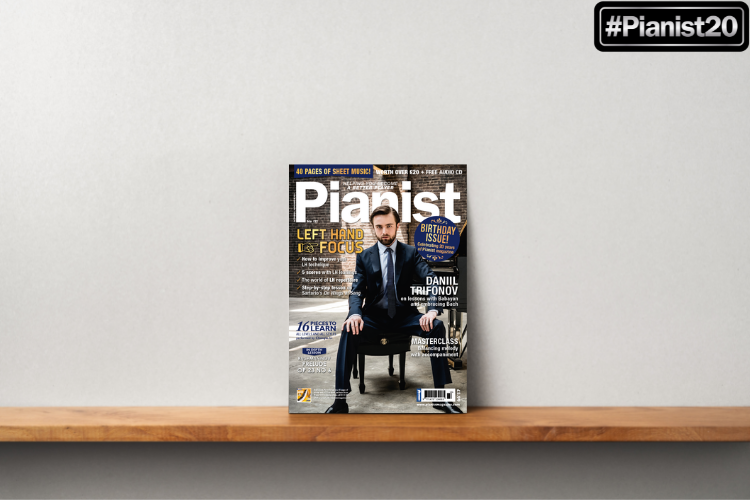This month, we are celebrating 20 incredible years of Pianist magazine. We've been lucky enough to have a variety of world-class pianists grace the cover of our magazine, all of whom have offered some bouts of wisdom along the way – wisdom that deserves to be shared! We've picked out ten of our cover stars over the years who have offered up some absolutely vital advice for you...
1. Lang Lang
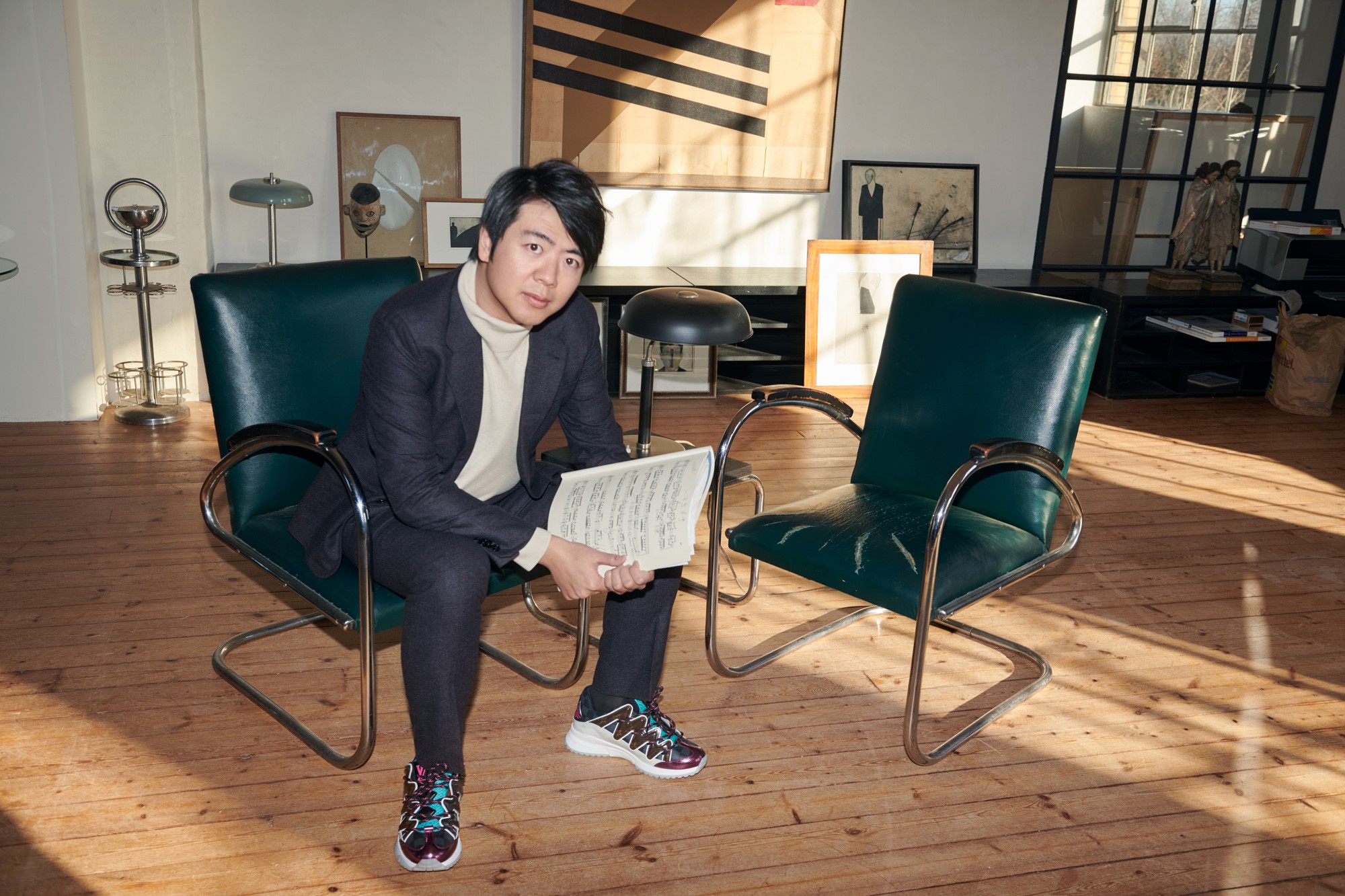
We start off with one of classical music's most globally successful stars, Lang Lang.
He's appeared on the cover of Pianist numerous times over the years, and has dished out some brilliant advice in his chats with us.
"I work very hard," he says inside issue 61, "but after work there has to be some fun... I need a lot of hours sleep too – eight at least."
In issue 117, he comments, "When you play, make sure your fingers are connected to your heart. It's ok to be controlled by your brain – but to really enjoy the music, you have to go directly from your fingers to your heart."
You can read the full interviews by downloading issue 61 and 117 directly to your device.
2. Sir András Schiff

©Nadia F Romanini
The legendary pianist appeared on the cover of issue 76 back in 2014, and gave some very practical posture advice to the younger generation of pianists.
"If you want to play better and live longer, you have to find a good posture. I really think that, physically speaking, the less movement there is, the better... With pianists, the minute I see a student lifting his/her arm up to the sky, I tell them: 'No parachuting here'."
He finishes off by saying, "Don't waste time, don't waste energy, but focus the maximum energy in the sound and in the music."
You can download issue 76 and read the full interview here.
3. Jools Holland
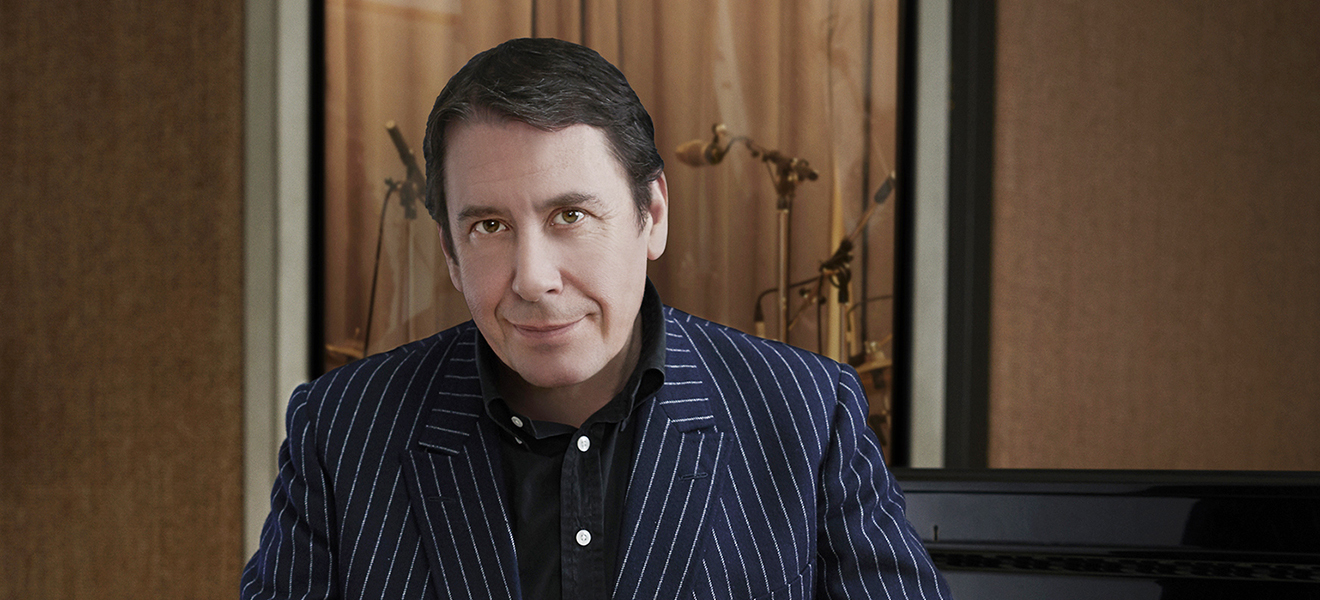
©Mary McCartney
One of the UK's most recognisable and successful pianists – notably with his music show, Later... with Jools Holland – Holland appeared on the cover of issue 75.
His advice?
"One thing I have learned comes from a comment Stan Greig made to me some 20 years ago (he was a great boogie-woogie and jazz pianist): 'You play quite hard. Do you want to try playing a bit lighter? I've worked with Count Basie and he used to play quite light.' So I have lightened up and I have found it less strenuous."
He continues, "I suppose it's because I played for years on acoustic pianos that weren't very loud... and everyone else was."
Read the full interview here.
4. Mitsuko Uchida
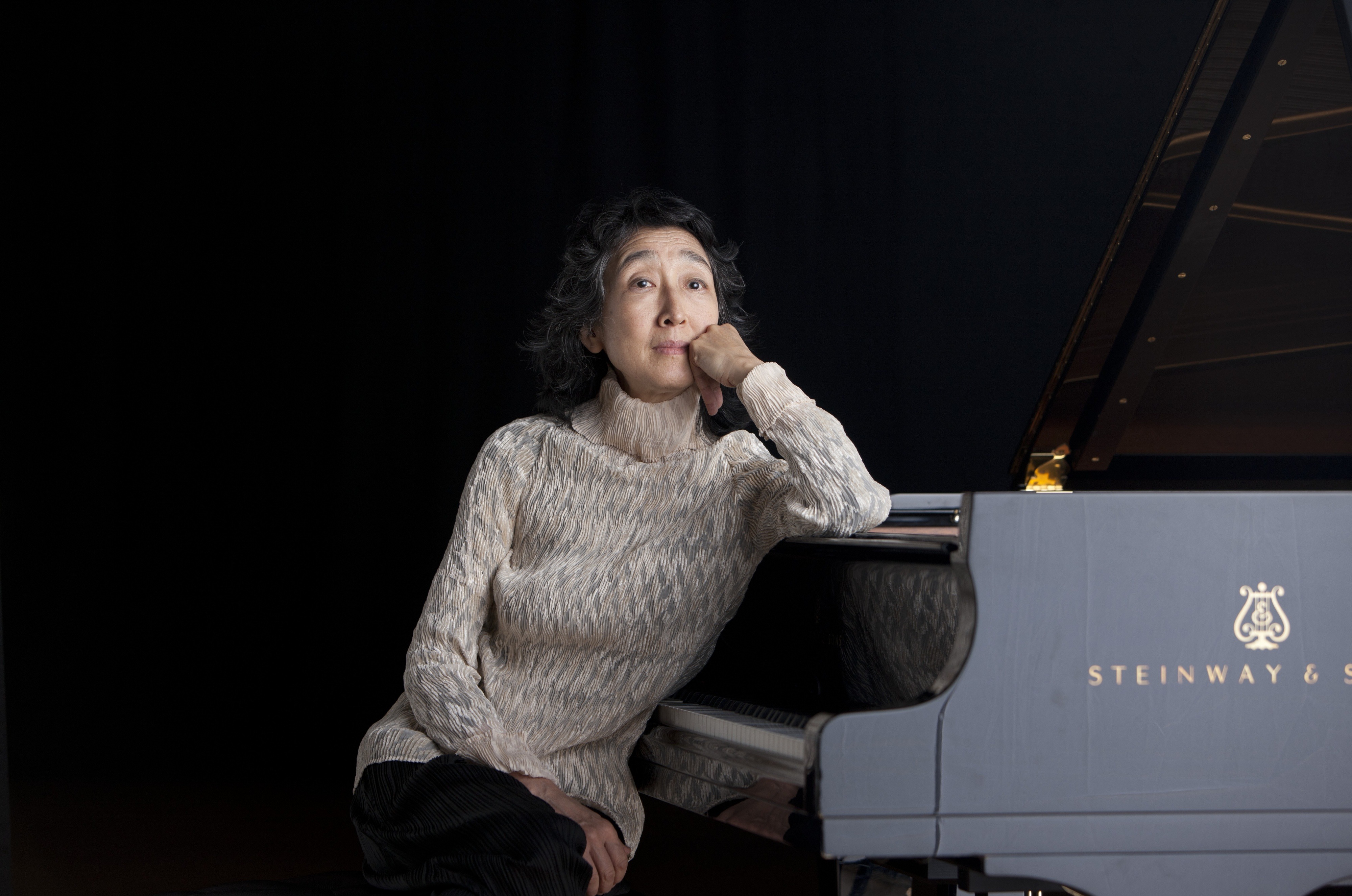
©Justin Pumfrey
The Japanese pianist graced the cover of issue 104 in late 2018 and had some very wise words to share: "Piano playing is much more natural than, for instance, the physical posture of playing the violin. Remember that you have the help of gravity and the hand can lie naturally on the keyboard. And remember, too that piano-playing is not weight-lifting! if you want to play beautifully, that is the starting point – plus listening."
You can download issue 104 here.
5. Yuja Wang
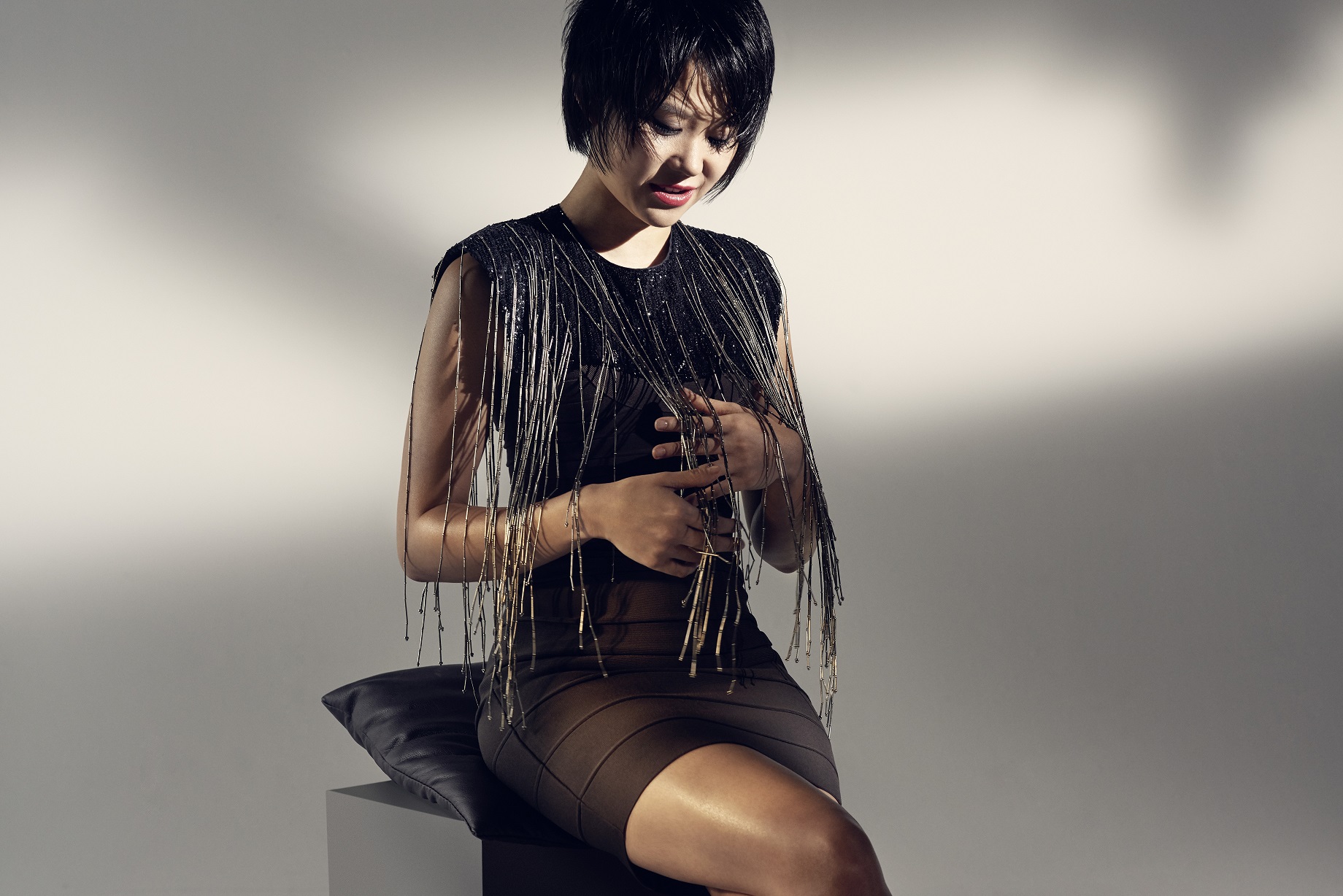
©Norbert Kniat/DG
How could we not include Yuja?
Pianist has been lucky enough to feature the Chinese pianist twice, inside issues 65 and 105. In her most recent issue, she commented: "You have to want to practise. It's like someone telling you how this piece should be played. You can be convinced, but if you don't have the desire to make it your own, it sounds banal."
Read the full interview here.
Our 20-year anniversary special issue is here!
6. Daniil Trifonov

©Daniil Trifonov
The Russian superstar has also featured twice inside the pages of Pianist. In issue 79, he comments: "When I first learn a new piece, I listen to recordings before looking at the score. Because the score is in certain ways a translation of what the composer intended in the soundworld... Of course later you have to study the score in detail, but I believe it should be the second stop in the journey, because first you come to the realization of the music, and then to thinking about how to explain it in the symbols."
In issue 122, he says: "It's important always to be in motion, never static [when playing]. Even if my back is arched... I still try to move my spinal cord so it doesn't lock in one position."
Download issue 79 and 122 directly to your device.
7. Jean-Efflam Bavouzet
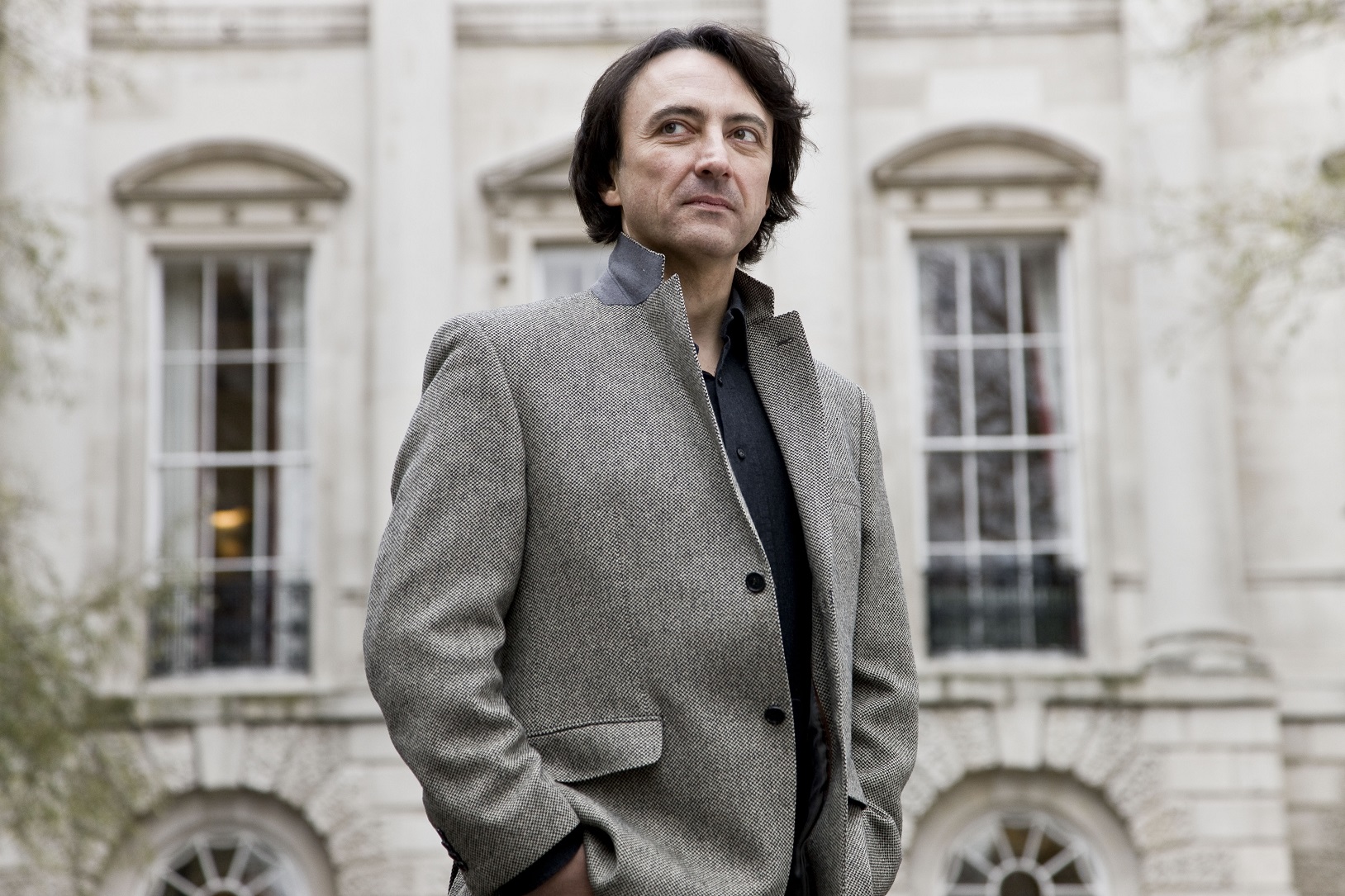
©Paul Mitchell
Bavouzet stressed the importance of regular small practices inside issue 101: "The regularity of practising is the most important thing. It's better to do ten minutes every day than an hour once a week."
8. Ludovico Einaudi
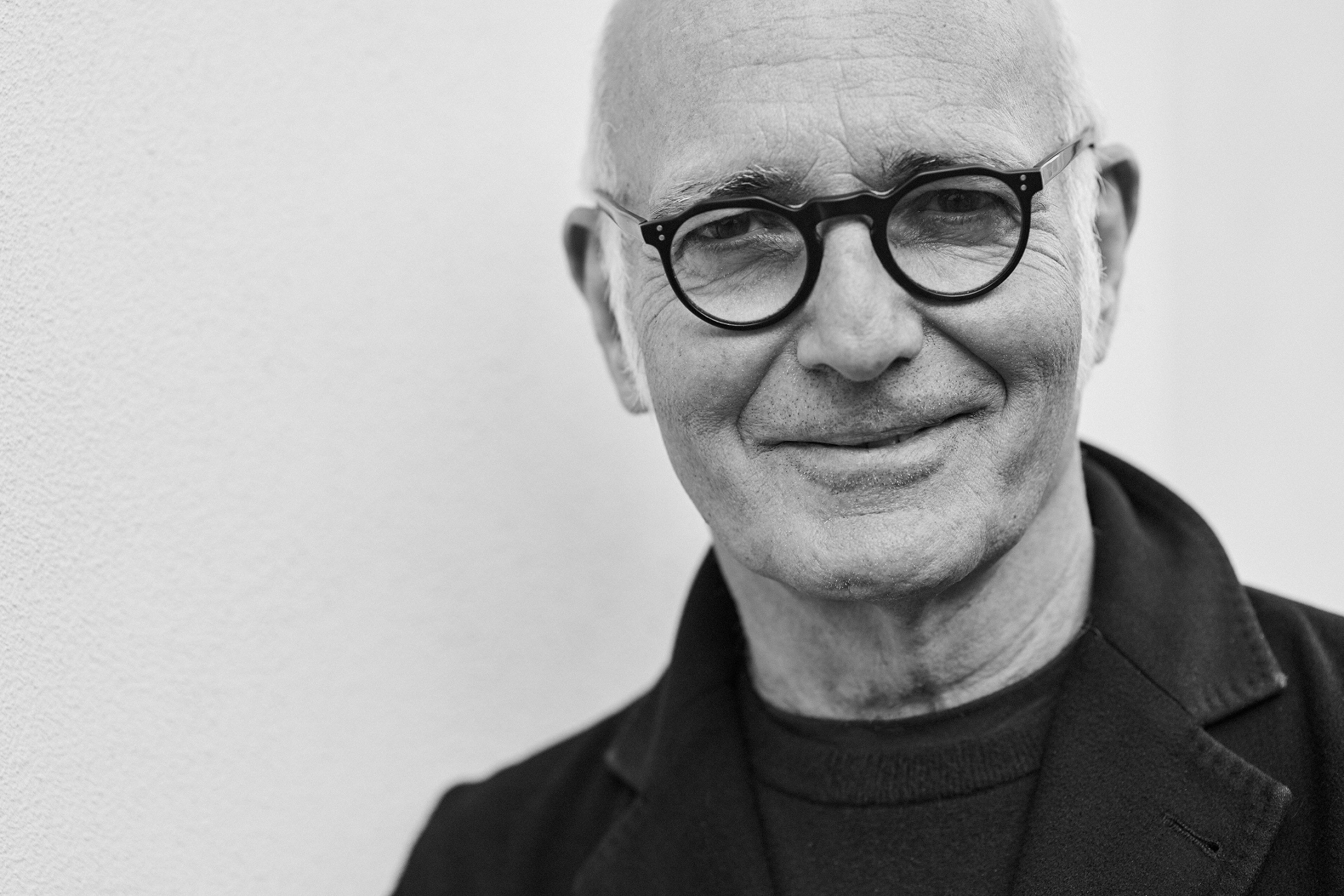
©Ray Tarantino
Talking about the importance of pleasing oneself when playing, Einaudi comments in issue 113: "There is something I achieve which gives me the desire to play it, and play it more. Sometimes you see the potential immediately, whereas at other times it takes a while and requires a transformation before you arrive at the point where it works. Every time I feel there is something stronger, it is confirmed by the audience."
He also talks about his belief that the touch and feel of one's playing could perhaps be more important than the technique being used: "It's all about the touch, because I am searching for the sound. It comes from the desire to get a sound that I hear inside. It's not that I am using a technique, but it is the desire."
Download issue 113 here.
9. Beatrice Rana

The glorious Beatrice Rana makes a point of reminder pianists inside issue 87 that playing every note perfectly should not be the main aim when performing, and not to worry if you make a mistake. "In a concert you know it's a live experience and there will be mistakes and that amount of adrenaline that makes you project the emotions differently, but there is not that will to achieve perfection."
She continues: "Don't let yourself be destroyed by technical struggles – that's our business!"
Download issue 87 to read the full interview.
10. Murray Perahia
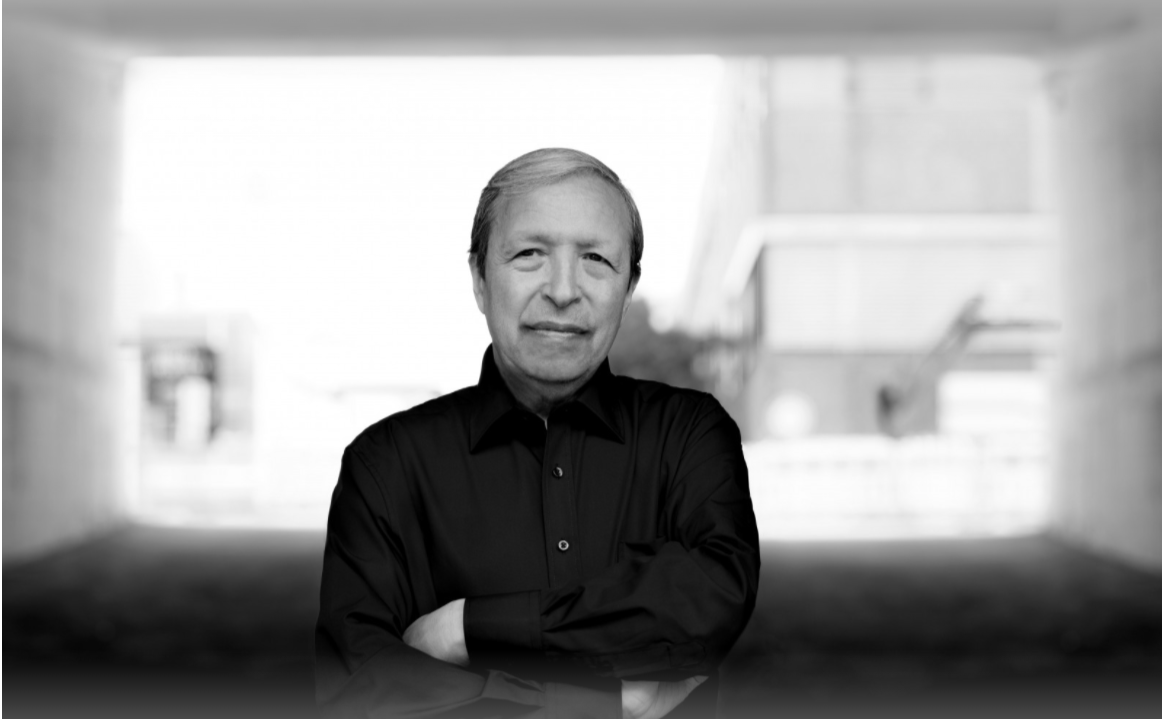
©Harald Hoffmann/DG
We finish up with the legendary Murray Perahia, who graced the cover of issue 69 of Pianist. He says: "Relax! Tension doesn't help anybody. And never forget the love of music – that's your fuel. If it becomes obsessive and it's just about hard work, you've lost the battle. Try to keep the love of music by listening and thinking."
Browse the full catalogue of Pianist issues here.



